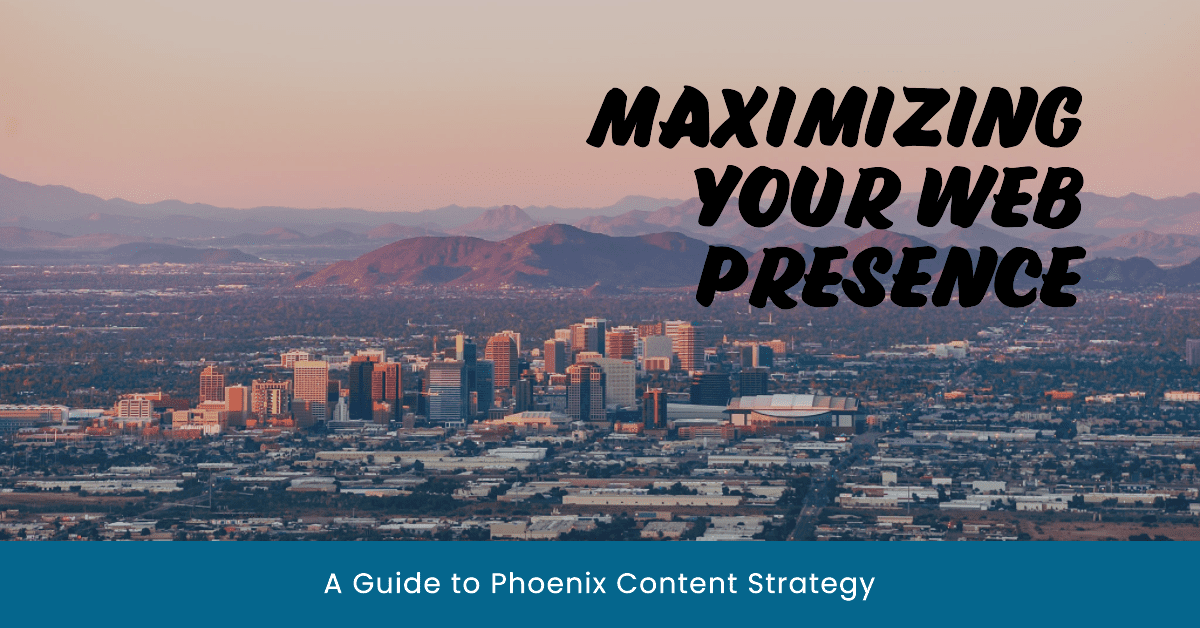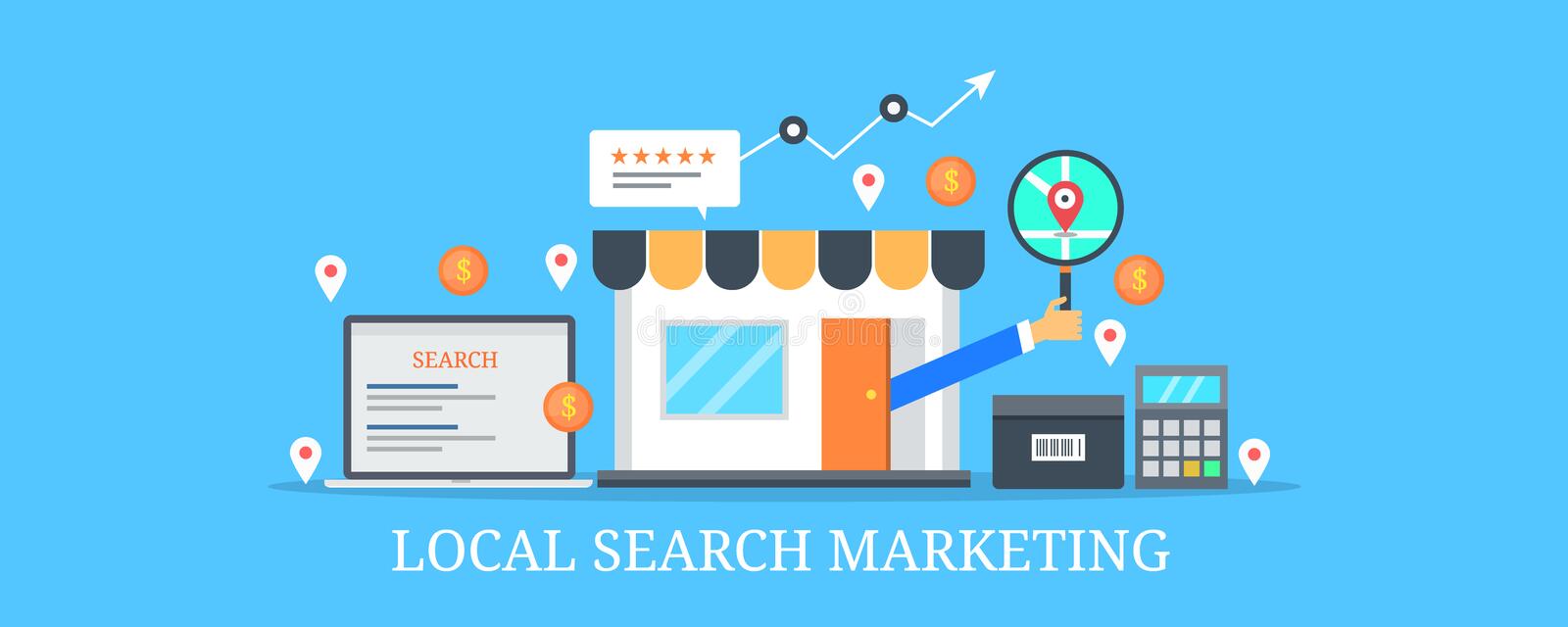
As a small business owner in Phoenix, you understand the importance of having a strong online presence. With the right search engine optimization (SEO) strategies, you can increase your website traffic, build brand awareness, and ultimately drive more sales. In this article, we will provide five tips for small business SEO in Phoenix to help you get started on your journey to better online visibility.
Setting up and optimizing your Google My Business (GMB) listing is crucial for local SEO success. GMB listings help your business show up in local search results, increasing your chances of being discovered by potential customers. Be sure to provide accurate and up-to-date information, including your business name, address, phone number, hours of operation, and photos. Learn more about local SEO and how it can help your small business grow.
Properly optimizing your meta tags, including title tags and meta descriptions, is essential for better search engine rankings. Be sure to include your target keyword (in this case, “Small business SEO Phoenix”) and your location to improve your chances of ranking well in local search results. Read our on-page SEO guide for more tips on optimizing your website.
Incorporate local keywords and phrases into your content, in this article we want to add phrases such as “SEO services in Phoenix” or “Phoenix digital marketing agency,” to further improve your local search rankings. Be sure to use these keywords naturally and avoid keyword stuffing, which can lead to penalties from search engines. If you run a company for E-Bikes you would want to have the term “E-Bikes in Phoenix”.
Internal linking is essential for providing a better user experience and helping search engines discover and index your site’s pages. Incorporate internal links to relevant content, such as related blog articles or service pages, to improve your site’s overall SEO. Check out our off-page SEO guide for more information on building a strong link profile.
Building high-quality external links is vital for improving your domain authority and overall search rankings. Focus on getting backlinks from reputable websites in your industry or local area to reinforce your brand’s credibility. A good place for links like this are local directories, Social Media sites, or niche sites that add your business’s information.
Guest blogging is another effective way to acquire high-quality backlinks and improve your website’s SEO. Reach out to reputable websites and blogs within your niche or local area, offering valuable content in exchange for a link back to your site. This is the most time-consuming thing to do correctly, and the easiest to incorrectly do if you try to shortcut the process.
Creating valuable, engaging content is essential for attracting and retaining website visitors. Focus on providing helpful information that addresses your target audience’s needs and interests, and use a conversational tone to keep your readers engaged.
Incorporate multimedia elements, such as videos and images, into your content to improve user engagement and break up large blocks of text. Be sure to optimize your multimedia elements with relevant file names, alt text, and captions to increase their SEO potential.
Using your target keywords naturally and strategically throughout your content ensures that search engines understand what your content is about. Be careful not to overuse keywords, as this can lead to keyword stuffing and search engine penalties. Read our 8 SEO tips for startups for more advice on using keywords effectively.
Having a strong social media presence is essential for improving your online visibility and driving more traffic to your website. Develop a social media strategy that outlines your goals, target audience, and content plan to ensure your efforts are aligned with your overall marketing objectives.
Consistently posting engaging content on your social media platforms helps keep your followers interested and encourages them to visit your website. Be sure to mix up your content types, including blog articles, images, videos, and polls, to keep your audience engaged.
Actively engage with your social media followers by responding to comments, answering questions, and asking for feedback. This not only helps build a relationship with your audience but also shows search engines that your content is valuable and relevant.
Regularly monitoring your website’s performance using tools like Google Analytics allows you to identify areas for improvement and adjust your SEO strategy accordingly. Keep an eye on metrics such as organic traffic, bounce rate, and average session duration to gauge your site’s overall success.
Track your target keywords’ rankings to understand how well your SEO efforts are paying off. Use a keyword tracking tool to monitor your rankings over time and make adjustments to your strategy as needed.
Measuring the traffic and conversion rates of your website pages helps you determine which content is resonating with your audience, enabling you to make more informed decisions about your content strategy moving forward.
Implementing these five tips for small business SEO in Phoenix will help you improve your online visibility, drive more website traffic, and ultimately generate more sales. Remember that SEO is an ongoing process, and be prepared to adjust your strategy as needed to stay ahead of the competition.
What is SEO for a small business?
SEO (search engine optimization) is the process of optimizing your website and online presence to improve your search engine rankings, increase website traffic, and ultimately generate more leads and sales for your small business.
Is Local SEO different from regular SEO?
Yes, local SEO focuses specifically on optimizing your website and online presence for local search results. This includes optimizing your Google My Business listing, incorporating local keywords into your content, and building local backlinks.
How long does it take to see results from SEO?
SEO results can vary depending on several factors, including your industry, competition, and the quality of your website. Typically, it can take anywhere from three to six months to start seeing significant improvements in search engine rankings and website traffic.
How much does SEO cost for small businesses?
The cost of SEO can vary widely depending on the services you need and the agency you choose. On average, small businesses can expect to spend between $500 and $2,000 per month on SEO services. Read our article on why you need to invest in digital marketing as a small business owner.
Can I do SEO myself without hiring an agency?
It is possible to handle your SEO without hiring an agency, but it can be time-consuming and requires a solid understanding of SEO best practices. If you’re willing to invest the time and effort to learn, there are numerous resources available to help you get started. However, hiring an agency can save you time and ensure that your SEO efforts are aligned with industry best practices.


